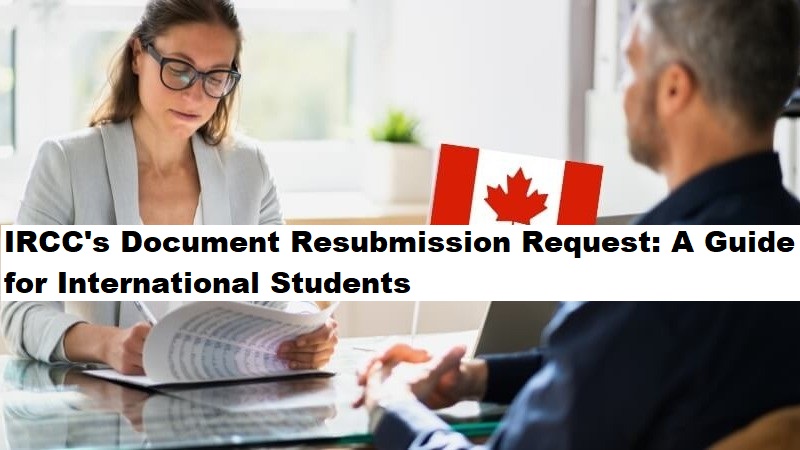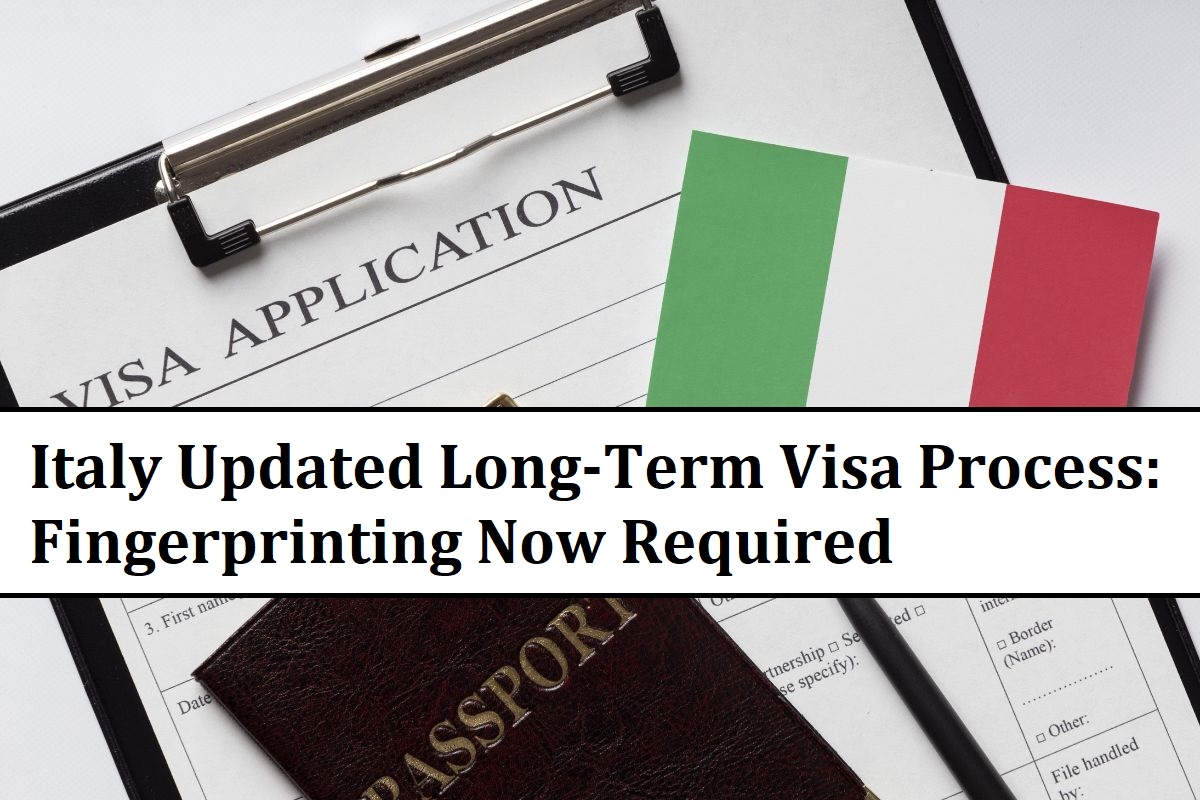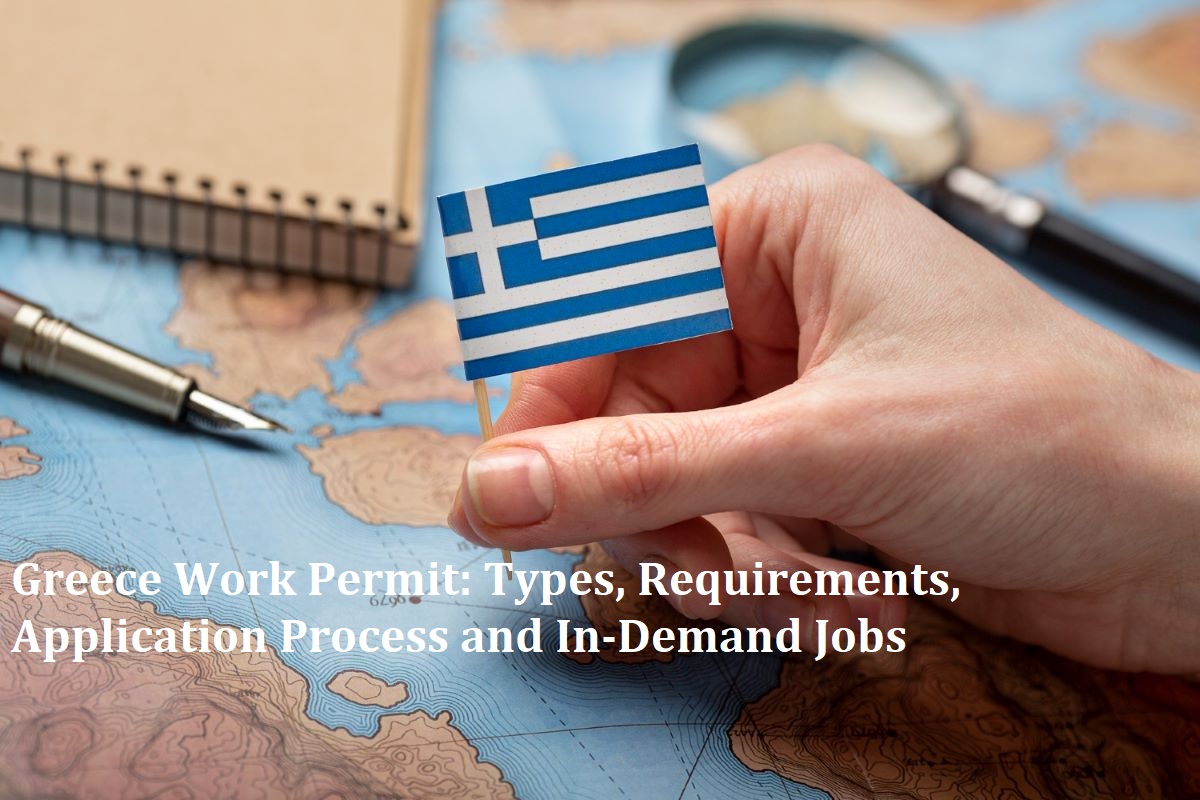Greece, a country known for its rich history, stunning islands, and vibrant culture, is also an attractive destination for foreign workers. With a growing economy and a high demand for skilled workers, Greece offers a range of job opportunities for non-EU citizens. In this blog, we will guide you through the types of work permits, requirements, application process, and in-demand jobs in Greece.

Types of Work Permits in Greece
There are several types of work permits in Greece, each with its own specific requirements and conditions:
Type A Work Permit: For foreign workers who are employed by a Greek employer.
Type B Work Permit: For foreign workers who are self-employed or entrepreneurs.
Type C Work Permit: For foreign workers who are employed in specific sectors, such as agriculture, tourism, or healthcare.
EU Blue Card: For highly skilled foreign workers who are employed in a highly skilled profession.
Requirements for a Greece Work Permit
To apply for a work permit in Greece, you will need to meet the following requirements:
Valid Passport: A valid passport with at least two blank pages.
Job Offer: A job offer from a Greek employer.
Work Contract: A work contract that outlines the terms and conditions of your employment.
Qualifications and Experience: Relevant qualifications and experience for the job you are applying for.
Language Proficiency: Proficiency in Greek or English language.
Health Insurance: Health insurance that covers you for the duration of your stay in Greece.
Application Process for a Greece Work Permit
The application process for a work permit in Greece involves the following steps:
Submit Application: Submit your application and supporting documents to the Greek embassy or consulate in your home country.
Pay Fees: Pay the required application fees.
Wait for Approval: Wait for your application to be approved by the Greek authorities.
Collect Work Permit: Collect your work permit from the Greek embassy or consulate.

In-Demand Agricultural Jobs in Greece:
Seasonal Farm Workers: Many farms in Greece require seasonal workers to help with harvesting, pruning, and other tasks.
Agricultural Specialists: Experts in areas such as irrigation, crop management, and animal husbandry are in high demand.
Farm Managers: Experienced farm managers are needed to oversee the day-to-day operations of farms and agricultural businesses.
Conclusion
Obtaining a work permit in Greece can be a complex and time-consuming process. However, with the right guidance and support, you can navigate the process successfully and start your new life in Greece. Remember to apply for a work permit well in advance, ensure that you meet all the requirements, and research the cost of living in Greece. Good luck!


















